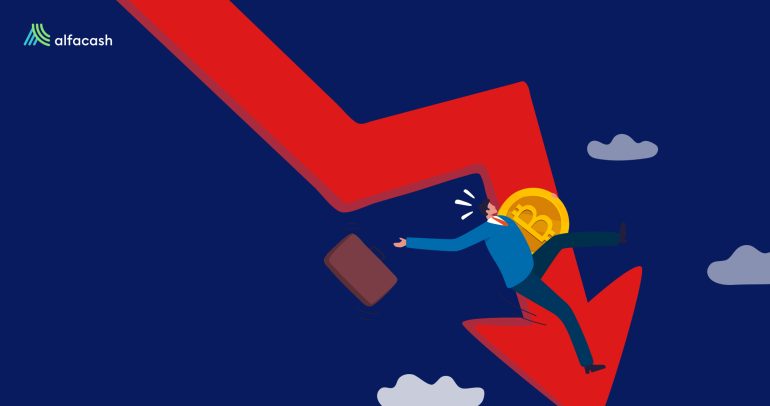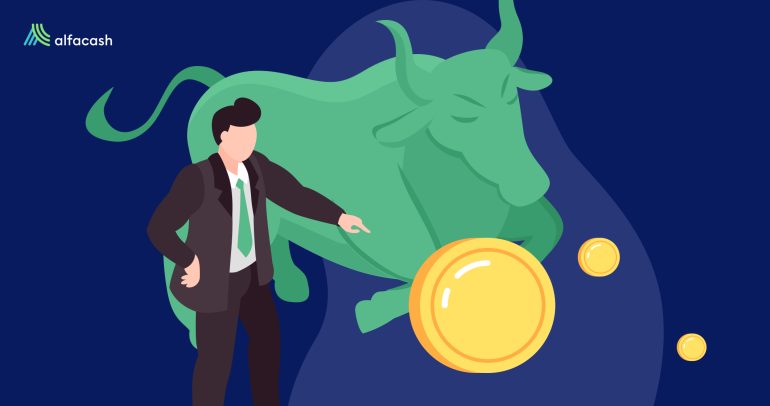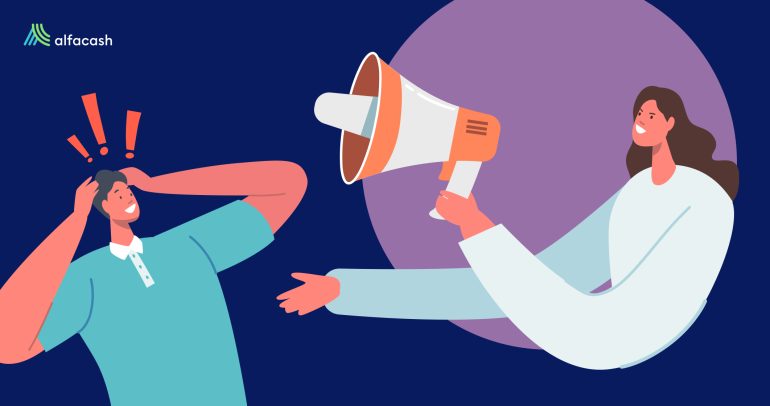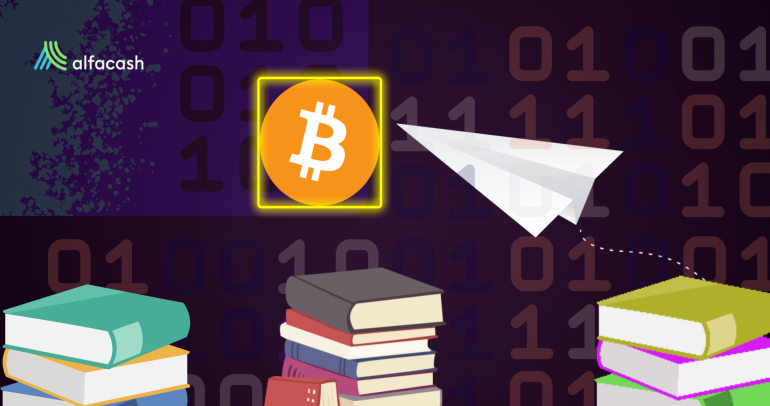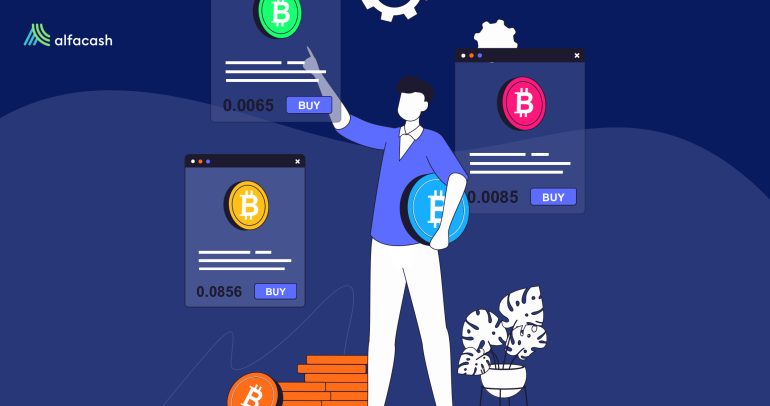There are some cryptocurrencies buried in the deeps of the Internet, by chance? We don’t think so, but yes, we know what “mining” means in the physical world: “removing minerals from the ground”. It should be the same but on Internet with the cryptocurrencies, right…? Not exactly.
We’ll need Internet if we want to mine some cryptocurrencies, but these coins aren’t there specifically. And they’re not “coins-coins” like the cent inside your pocket, but pieces of informatics code. Like 0s and 1s ordered in digital files, that’s it. With a lot of cryptographyCryptography is the mathematical basis for secure communication that allows only the sender and intended recipient of a message to... More (very complex math) building and protecting them.
So, what’s up with the “mining” stuff? Why the cryptocurrencies can be “mined”? Well, that comes from the Proof of WorkProof of Work (PoW) lets one party proof the execution of an algorithm to another party. In the Bitcoin PoW... More (PoW). This one is an algorithm, and by “algorithm” we mean a set of steps and methods that are built —with math— to achieve a specific result or solve a problem. That’s exactly what the PoW does: develop a difficult math problem or riddle you must solve in order to verify virtual transactions and win some cryptocurrencies.
You, the “minerMiners secure some blockchain networks by ordering crypto transactions into blocks and verifying the blocks of other miners. For this... More” (and mostly your computer and related equipment), should dig into the riddle to “find” the digital coins, and that’s why the cryptocurrencies are mined. The crypto-mining is the mathematical process a decentralized blockchainBlockchain is a type of database storing an immutable set of data, verifiable to anyone with access to it —through... can use to verify its transactions and mint new coins at the same time. Don’t forget it!
Who can be a cryptocurrencyA digital currency running on a blockchain and built with cryptography. Contrary to central-bank issued currency, cryptocurrency issuance rules are... More miner?
Anyone… with patience and some basic informatics and cryptocurrency knowledge. Do you know how to use Google Chrome, what is a digital currency and how to change the settings in your Control Panel? Then you’re a viable candidate! Congratulations!
And don’t worry if you don’t know much about these computer things, you always can learn. Because there’re zero official requisites to become a cryptocurrency miner, at least with decentralized coins. That’s the whole point of “decentralizationThe transfer of control from one central entity to numerous smaller entities. Generally, cryptocurrencies are decentralized. Every crypto transaction is... More”: the more people participate on the network, the better.
They help to maintain the network (the blockchain) in a good state, with fast and cheap verifications for every transactionA cryptocurrency transaction is an entry on the blockchain ledger, noting sender, receiver and number of coins transacted. More and new coins in the wild. They’re cool. And you can be part of it.
What do I need to be a miner?
It strongly depends on what cryptocurrency you want to mine. It’s not the same for each one of them: some require this, others require that. Some are easiest to mine than others, that’s the truth. And that’s why you should learn first everything you can about the currency you are interested in.
In any case, these are common ingredients: electricity, powerful hardware, and a very stable Internet connection. The energy (a lot of it) in combination with your computer or your specialized equipment will be the one to solve the mathematical riddle (it’s not you directly, just in case). And yeah, there is specialized equipment for crypto-mining. They’re called ASIC machines (from “application-specific integrated circuit”) and they’re not usually cheap at all (+1.000 USD), especially if they’re designed to mine bitcoins.
At this point, Bitcoin (BTC) is the hardest cryptocurrency to mine, because the system’s mathematical difficulty increases as more miners participate (to increase the security too). According to Bitnodes, there are more than 10K nodes (miners) of BitcoinBitcoin is the first decentralized digital currency. It was created in 2009, by an anonymous founder or group of founders... More all around the world. Hence the need for ASICs… and mining poolsThousands of miners compete on the reward which is only paid once per block. Miners who join a mining pool... More.
The mining pools, basically, are groups of miners who join through a webpage or company to accumulate more computer power together and have more possibilities to get the system’s reward. This happens because if you’re mining alone, your not-so-much-significant machine and power in the huge ocean of machines and power will give you a reward in about… two years. And that’s sad.
On the other side, we have cryptocurrencies like Monero (XMR). You can mine it with your CPU (and probably a pool as well) because its system is different and aims to be more inclusive. But wait: the crypto-mining is an exigent process that takes a lot of energy, hardware, and software resources. Even if you mine with your CPU, you should know it’ll probably be at its full capacity (which means it’d be very difficult using it with other purposes) and your energy bill will rise.
What a miner do on an average day?
After educating themselves, know almost everything they should know about the currency they’re mining, buy and install (or not) a good ASIC machine in a cold place (they tend to overheat), set up the necessary software and join to a mining pool… they can just rest, for a bit.
In the average day, a crypto-miner can go everywhere they want, to do anything they want. Of course, they must pay some daily attention to the wellbeing of their equipment and software and rarely disconnect them from the energy and the Internet. That would mean monetary loss.
Another thing: they should pay attention to the cryptocurrency markets and news. Like every cryptocurrency user, to be honest. This is the only way to take care of your capital.
What happens inside the mining system?
Again, depends on the cryptocurrency. The PoW algorithm comes in different types and with different processes inside. The bottom line? A copy of every transaction ever made rest inside the miner’s hardware (that’s the blockchain). Their equipment and software (the “nodeA blockchain node is a server that downloads the history of transactions and shares it with other nodes in the... More”) receive as well the new transactions made all around the world, and the job of this node is to check the operation’s validity by solving the mathematical riddle.
Once it’s checked, the node writes the new transaction on its own copy of the blockchain, receives the reward in the form of new coins and share the result with the network. The other miners repeat this process to register the new transfer in their own copies of the blockchain, therefore, increasing the security of the network.
And that’s it! Cryptocurrency mined successfully.
Not everything it’s crypto-mining around here
Just as you read and you need to know it: not every cryptocurrency works in this way. A lot of them use different algorithms, like Proof of StakeProof of Stake (PoS) was created as an alternative to Proof of Work (POW), supporting cheaper and faster transactions. It... More (PoS). In these systems, they don’t have any miners but “validators”: people with large holdings in that specific cryptocurrency, in charge to verify the transactions and mint new coins. Networks like Cosmos and its currency ATOM work with PoS.
But, well, that’s a story to tell later!
Wanna trade Bitcoin and other tokens? You can do it safely on Alfacash! And don’t forget we’re talking about this and a lot of other things on our social media.
Twitter * Telegram * Instagram * Youtube *Facebook * Vkontakte
